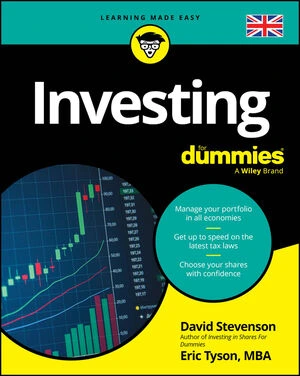Swing trading is risky and demands a great deal of time. As a swing trader, you must monitor the market during every trading hour. You also must be able to control your emotions so you stay focused and trade within your plan.
Ask any swing trader; you’re likely to hear that strict adherence to money management reduces risk. The counterargument is that swing trading exposes a great deal of capital to risk but makes only small profits. Some traders are able to swing trade profitably, but you need to realize that the odds are stacked against you. Only you can decide whether it’s worth the effort.
Some argue that swing trading combines the worst aspects of position trading with the worst aspects of day trading. Like day trading’s, swing-trading profits are small and slippage costs are high.
Swing-trading positions are held overnight, so swing traders can’t take advantage of the special margin provisions that are available to day traders who close all positions by the end of the trading day. And swing traders are subject to the same account restrictions as day traders are, but they may not qualify for the special tax advantages afforded to full-time day traders.
Taxes
Special tax treatment is available from the IRS for full-time traders. The benefits enable full-time traders to be taxed as a business rather than an investor, and that means you can deduct the cost of the computer hardware and software used for trading, and you can treat your home-office expenses, including the costs for data acquisition, as ordinary business expenses.
Furthermore, you can convert capital gains and losses to ordinary gains and losses under the Mark-to-Market accounting rules in the IRS Code Section 475. Mark-to-Market rules enable you to avoid wash-sale regulations and deduct all losses against other income, without hitting the $3,000 cap imposed on other investors.
Unfortunately, swing traders do not necessarily trade every day, so some swing traders have a difficult time qualifying for these special tax provisions. If you are unable to qualify as a full-time trader, then your swing trades will be taxed in the same way as every other investor.
You must report gains and losses on IRS Schedule D, and you must adhere to wash-sale regulations. You may also run into difficulty if you try to report your trading expenses as a business deduction.
The rules are complex. You need to consult with your tax advisor to determine your eligibility.
Pattern-day-trading rules apply
If a swing trader opens and closes a position in a single stock during one day and does this more than four times in a five-day period, the swing trader is categorized as a pattern day trader. If this occurs, the swing trader must maintain an equity balance of $25,000 in his account or his broker will prohibit him from making any day trades.
This scenario actually is quite likely for the swing trader, because of the number of stops that are hit. As a swing trader, you may as well plan to maintain a minimum equity balance in your trading account in excess of $25,000.






